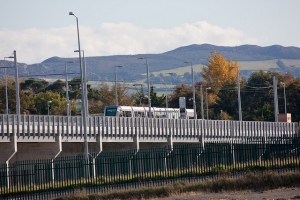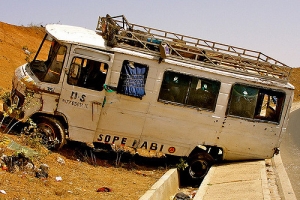Support migrant centric journalism today and donate

 • Media Center » Video Immigration News
• Media Center » Video Immigration News
The European Union Blue Card proposal is expected to be voted on next month at a European Union Council of Ministers of Justice and Home Affairs meeting. Ministers are expected to green-light the proposal, which would make skilled immigration to the European Union easier.
"As the decision was agreed at the ambassadors' level, it's not yet official...but we do not foresee any further debates and the decision will be ratified by the EU ministers next month," an EU official said.
The EU Blue Card would grant up to a four years work and residence permit in an EU member state, with the Blue Card holder having the option to move to another EU member state after two years. In addition, Blue Card holders can bring family.
The Blue Card initiative was introduced by European Commission President Jose Manuel Barroso. On 29 September 2008, Barroso told journalists during an EU-India summit in France that the European Union is likely to eventually implement the Blue Card, which takes its inspiration from the United States Green Card.
"We have made a proposal precisely to make it easier for qualified professionals to come to Europe," Barroso told reporters. "We made a proposal and that proposal is being negotiated by the Council of member states and I think the final outcome will be a good one."
However, the Blue Card will be somewhat watered down, compared to its United States counterpart.
For example, the Blue Card does not grant permanent residence as the US Green Card does. In addition, during negotiations on the proposal for the Blue Card initiative, many EU member states demanded that they retain control over how many skilled migrants to admit and for what sectors. Blue Card holders will also likely be required to make at least 1.5 times the standard wage in their EU country of residence.
When asked about these changes, Barroso told reporters, "sometimes we want more ambitious results but this is the way we work in the EU. We have to understand we are 27 countries so at the end it has to be a compromise between all the countries because that's very much linked to their national sovereignty."
The vote is expected to take place on 27 or 28 November, 2008.





















